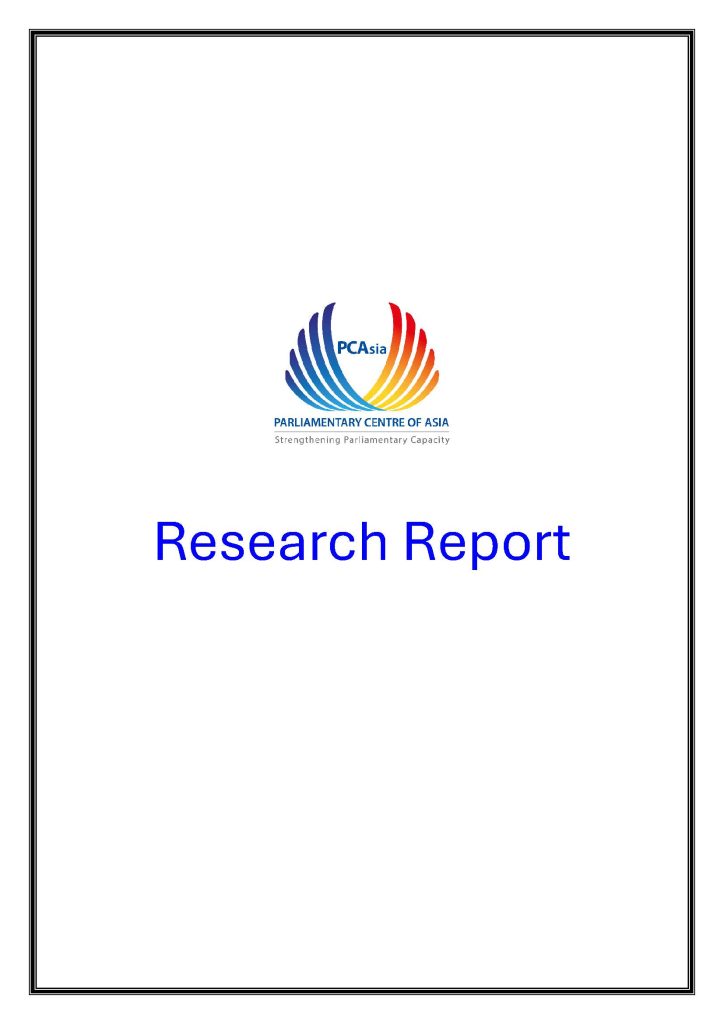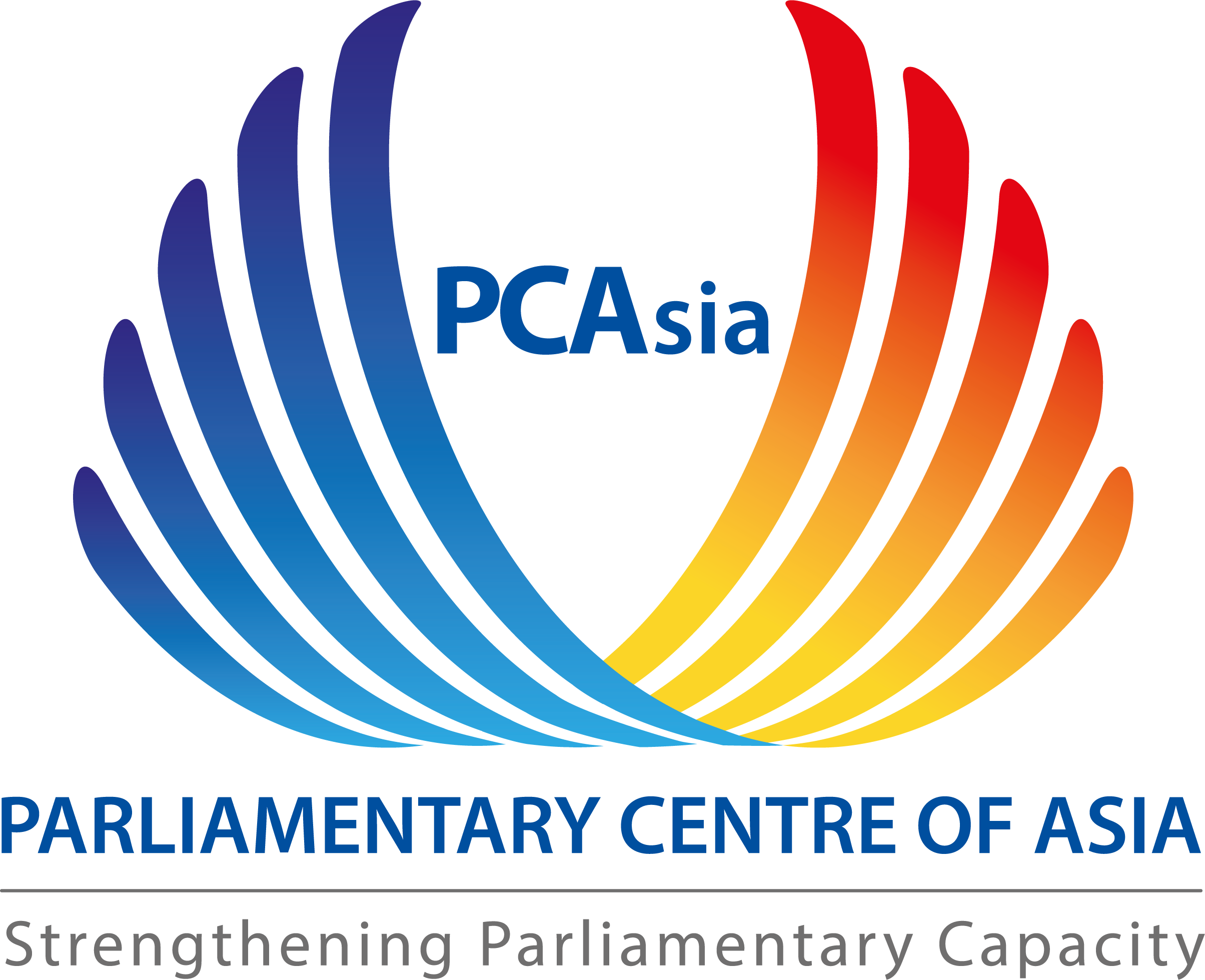Research Report

Summary of the significance of enhancing scientific research engagement in French-speaking parliaments for effective governance
Enhancing scientific research engagement within French-speaking parliaments is pivotal for fostering informed policy-making and effective governance. By bridging the gap between scientific knowledge and legislative processes, parliamentarians can make decisions that are not only evidence-based but also aligned with contemporary societal challenges. This integration ensures that the concerns of constituents are addressed with precision and relevance, particularly in areas such as public health, environmental policy, and technological innovation. Moreover, increased collaboration between scientists and legislators can cultivate a culture of transparency and accountability, promoting public trust in governmental institutions. It also encourages interdisciplinary approaches to complex problems, leveraging diverse perspectives that enrich discussions and outcomes. Ultimately, investing in scientific engagement within parliaments not only enhances legislative efficacy but also strengthens democratic governance by ensuring that policy decisions are rooted in sound scientific principles and reflective of the broader public interest.

Mapping Report on Indigenous Communal Land Titling (ICLT) with Gender Lenses in Cambodia
Cambodia’s Land Law 2001 (article 23) legally defines indigenous peoples as peoples whose members manifest ethnic, social, cultural and economic unity and who practice a traditional lifestyle, and who cultivate the lands in their possession according to customary rules of collective use. It contains important provisions on the protection of indigenous lands, which allow for communal land titles rather than individual titles, preventing the sale and transfer of indigenous lands outside of the communities.

Legal Analysis of Mangrove Forests in Cambodia
This report reviews Cambodia’s legal frameworks related to mangrove forest governance that drive mangrove tenure conflicts and mangrove loss in the country. This study highlighted that while the legal frameworks in Cambodia are sufficient to promote sustainable mangrove conservation, there are still gaps in the laws that contribute to uncertainty over mangrove tenure and overlapping jurisdiction among ministries, leading to contradictions that can hinder the smooth and efficient management of mangrove forests. These conflicting mandates can cause confusion and impede the effective management and governance of these vital ecosystems.

Legal Analysis of Mangrove Forests in Cambodia
This report reviews Cambodia’s legal frameworks related to mangrove forest governance that drive mangrove tenure conflicts and mangrove loss in the country. This study highlighted that while the legal frameworks in Cambodia are sufficient to promote sustainable mangrove conservation, there are still gaps in the laws that contribute to uncertainty over mangrove tenure and overlapping jurisdiction among ministries, leading to contradictions that can hinder the smooth and efficient management of mangrove forests. These conflicting mandates can cause confusion and impede the effective management and governance of these vital ecosystems.

Overview of Mangrove Governance and Lessons Learned in Cambodia, Thailand and Indonesia
In Southeast Asia (SE Asia), Mangroves have been known for their ecological support to climate action, livelihood assets and coastal protection. With 33 percent of the global mangroves located in SE Asia and one fifth in Indonesia, with SE Asia experiencing the greatest loss of mangroves. This problem mainly points to systematic problems in mangrove governance that need to be addressed in the region.

REVIEWS OF COUNTRIES’ EMERGENCY RESPONSE POLICIES DURING COVID-19 PANDEMIC
Coronavirus disease 2019 (COVID-19) wasdetected in December 2019 in Wuhan,China. This represented the third outbreakof a human coronavirus, following SARS(severe acute respiratory syndrome) andMERS (Middle East Respiratory Syndrome). The virus spread quickly to 123 countriesworldwide, affecting more than 770 millionpeople, with approximately 7 milliondeaths, of which almost 400,000 were inSoutheast Asia.

The Parliamentary Center of Asia (PCAsia) is an independent parliamentary support institution for the client Parliaments which, upon request of the parliamentarians and the parliamentary commissions and their General Secretariats offers a wide range of trainings and research publications on current and emerging key issues, legislation and major public policy topics.
Summary Report on Analysis on Health Expenditure of NCD_Khm

This report highlights the public health expenditure and the socioeconomic impacts of noncommunicable diseases (NCDs) in Cambodia. NCDs are responsible for 6.6 percent of the economic burden, of which KHR 5.97 trillion were lost annually by indirect costs of KHR 5.63 trillion (absenteeism, reduced capacity at work and premature death) and 23 percent of dying prematurely (UNDP, 2020).
Summary Report on Analysis on Health Expenditure of NCD_Eng

The Parliamentary Center of Asia (PCAsia) is an independent parliamentary support institution for the client Parliaments which, upon request of the parliamentarians and the parliamentary commissions and their General Secretariats offers a wide range of trainings and research publications on current and emerging key issues, legislation and major public policy topics.
Main Report on Analysis on Health Expenditure of NCD_Eng

This report highlights the public health expenditure and the socioeconomic impacts of noncommunicable diseases (NCDs) in Cambodia. NCDs are responsible for 6.6 percent of the economic burden, of which KHR 5.97 trillion were lost annually by indirect costs of KHR 5.63 trillion (absenteeism, reduced capacity at work and premature death) and 23 percent of dying prematurely (UNDP, 2020).

The Parliamentary Center of Asia (PCAsia) is an independent parliamentary support institution for the client Parliaments which, upon request of the parliamentarians and the parliamentary commissions and their General Secretariats offers a wide range of trainings and research publications on current and emerging key issues, legislation and major public policy topics.
